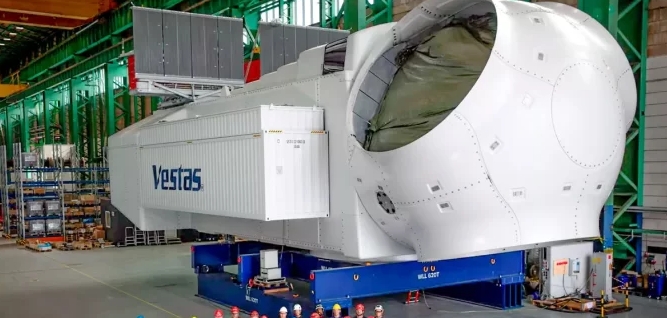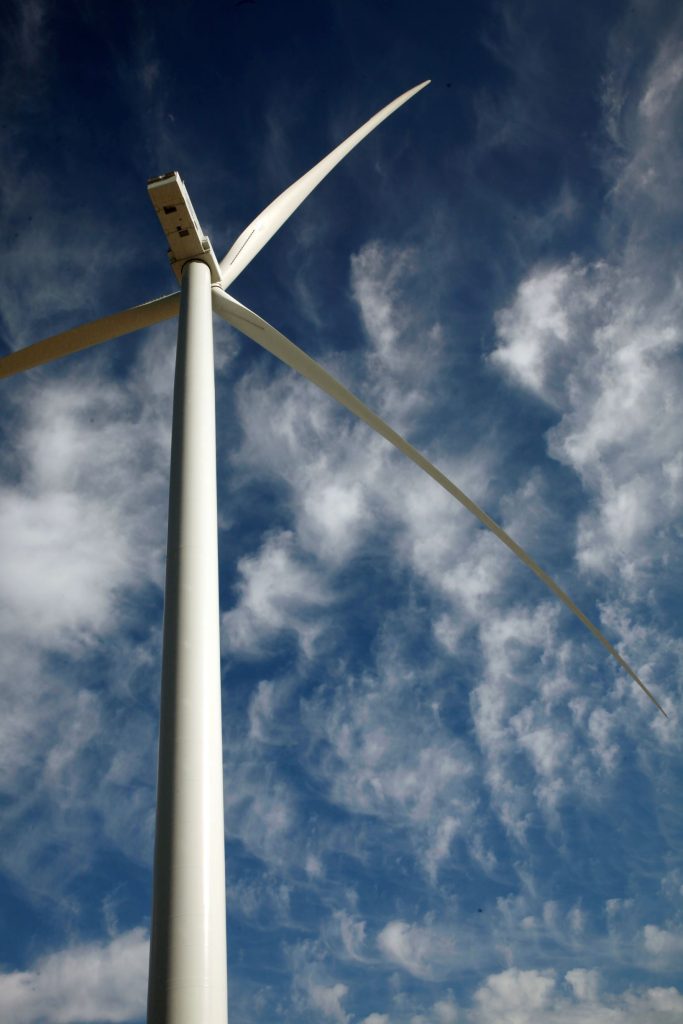In return, these companies commit to putting their full human, financial and technological resources behind enabling the rapid expansion of biogas in all parts of the globe.
The plea was made through a ground-breaking Biogas and Climate Change Commitment Declaration, WBA noted that it is the first time that a large number of powerful biogas organisations join forces to both demand - and deliver - solutions to address climate change.
Signatories to the Declaration:
World Biogas Association
Asia Biogas, Thailand
Clarke Energy, UK
DMT Environmental Technology, Netherlands & USA
Eisenmann Corporation, USA
ENGIE, France
Greenlane Renewables, Canada
Greve Biogass, Norway
Grissan, UK
IES BIOGAS, Italy
MONTELLO, Italy
Nature Energy, Denmark
OMEX Environmental, UK
SHV Energy, Netherlands
SUEZ, France
WELLE Environmental Group, China
1 million biogas plants needed by 2030
In its recent report, the Global Potential of Biogas, WBA estimated that the number of industrial plants operating globally are currently 132,000.
By 2030 there needs to be at least 1 million large scale installations (each handling over 100,000 t/pa of feedstock) plus millions of smaller scale digesters, to achieve the emissions reductions targets. All of these units would enable the biogas industry to prevent 4 billion tonnes of CO2 equivalent from being emitted annually – the equivalent of all the emissions of the EU28 in 2017.
The sector will need to invest some $5 trillion to design, build and operate those plants, but all barriers to those investments existing today must be eliminated if the industry is to achieve its goal. If deployed to its full potential, WBA estimates that the industry would employ around 10 million people worldwide, from 350,000 currently.
WBA President David Newman said: “With measures on the ground not yet aligned with countries' Paris Agreement targets and UN Sustainable Development Goals commitments, the biogas industry calls on the world's governments to urgently pass legislation to unleash the enormous potential of the biogas industry. We provide a ready to use technology to cut emissions in the hardest to decarbonise sectors, while creating a circular system that transforms the greenhouse gas-emitting organic wastes society produces into renewable energy, biofertilisers and other valuable bioproducts.
“The speed at which climate change is accelerating emphasises the urgent need for responses that go beyond business-as-usual to remove the barriers to large scale investment in biogas technologies. We need decisive actions now.”





